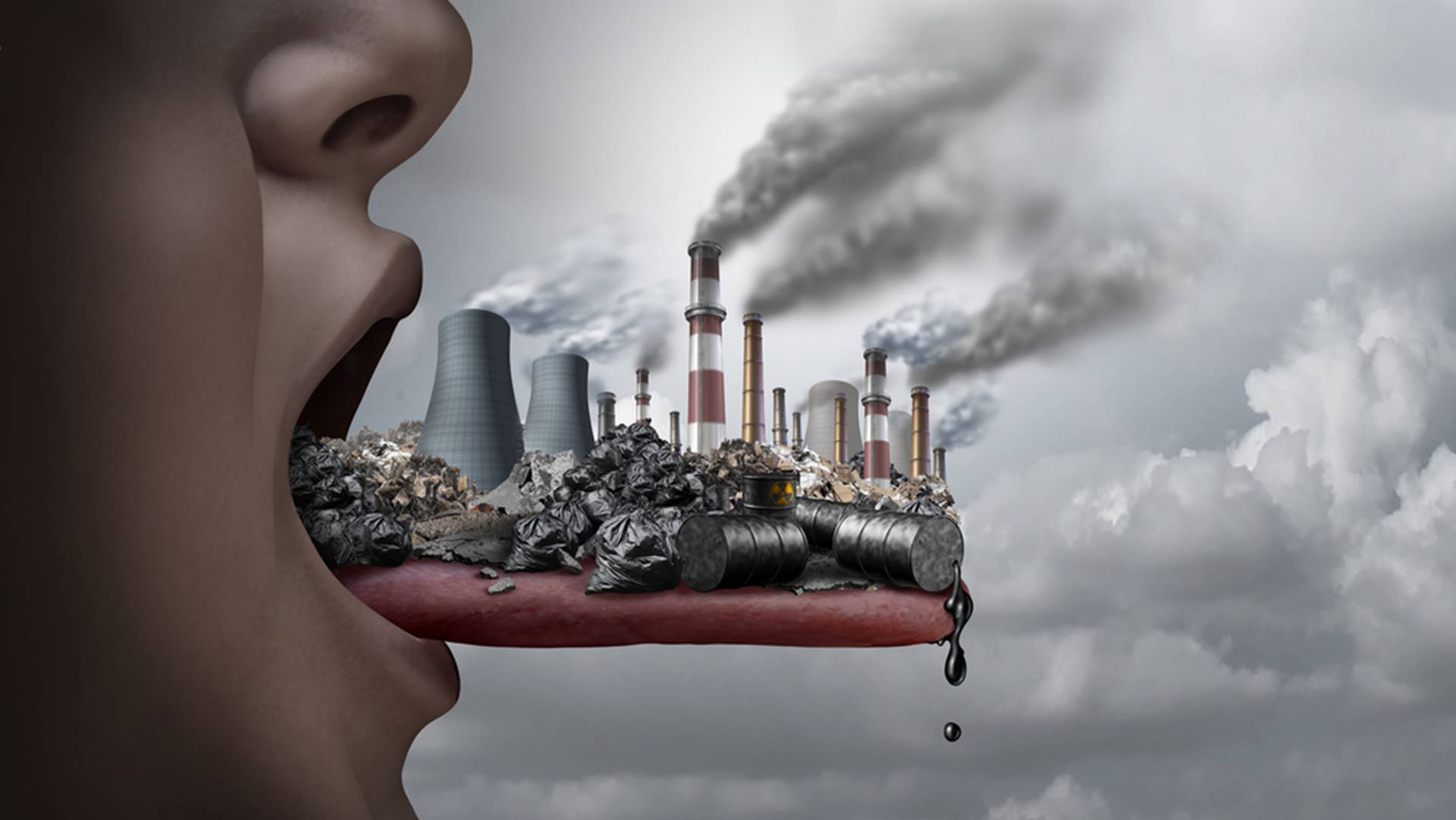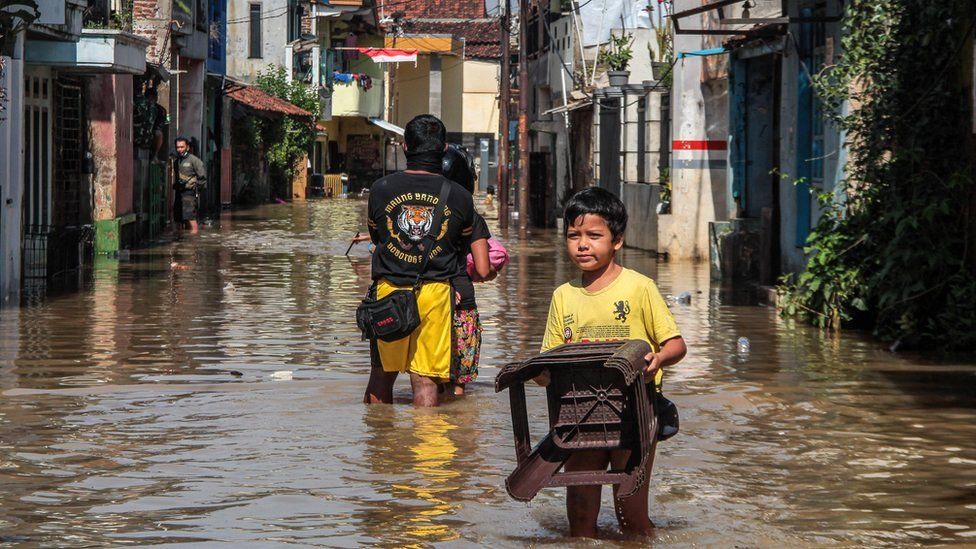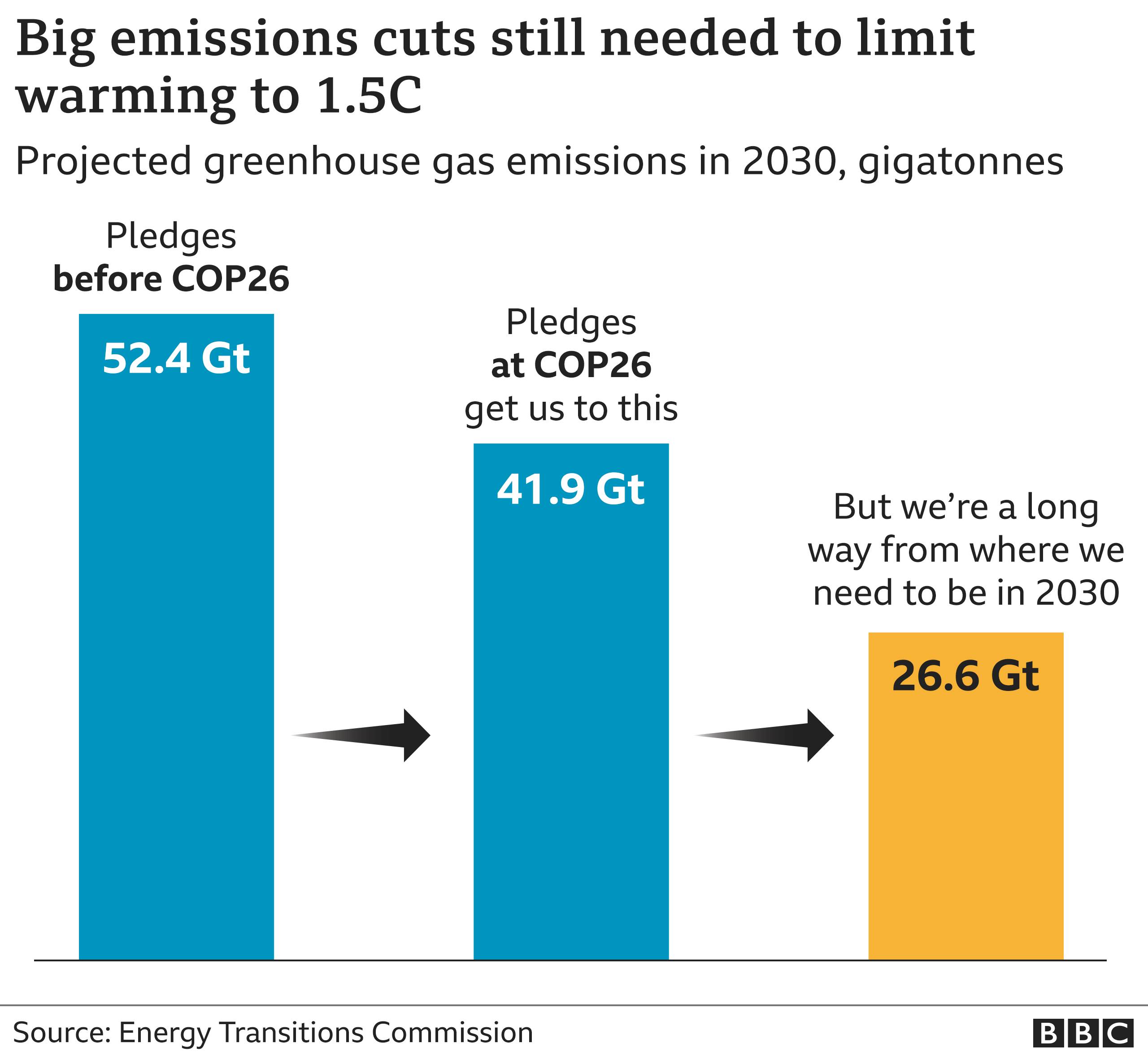Negotiators in Glasgow are poring over the language of a new draft agreement aimed at averting the worst impacts of climate change

The COP26 talks were due to finish on Friday, but sticking points – including on coal, fossil fuel subsidies, and financial help to poorer nations – mean they have overrun.
The conference president, Alok Sharma, urged an injection of “can-do spirit”.
A plenary session to adopt the final decisions is expected on Saturday.
Scientists say that limiting temperature rise to 1.5C compared to pre-industrial levels will protect us from the most dangerous impacts of climate change. It is a key part of the 2015 Paris agreement that most countries signed up to.
Meeting the goal requires global emissions to be cut by 45% by 2030 and to zero overall by 2050. One example of the impact of global temperature rise above 2C is the death of virtually all tropical coral reefs, scientists say.

A new version of the agreement released on Saturday has retained watered-down commitments to end the use of unabated coal and inefficient subsidies on other fossil fuels – an issue that has been criticized by campaigners, even though some observers underlined that it is the first time coal is explicitly mentioned in UN documents of this type.
Saturday’s draft, however, without any concrete commitments, also talks of “recognizing the need for support towards a just transition”.
China and Saudi Arabia are said to be among a group of countries seeking to remove references to fossil fuel subsidies.

Speaking from London, UK Prime Minister Boris Johnson said rich countries must put more “cash on the table” to help the developing world move away from fossil fuels.
Former Prime Minister Tony Blair told the BBC’s Newscast podcast it would be Mr Johnson’s responsibility “to get the thing over the line at the end”, something he said would be “tough to do… when most of the [other] political leaders have gone”.
Climate change: Fossil fuel production set to soar over next decade
On Friday, the climate minister of Tuvalu, which is particularly vulnerable to rising sea levels, made an emotive plea, saying his nation was “literally sinking”.
“It is a matter of life and survival for many of us, and we implore that Glasgow must be the defining moment. We must not fail,” Seve Paeniu said, to a rapturous reception.
Climate finance, or the money promised by richer countries to poorer countries to fight climate change, continues to be one of the most contentious points. In 2009, developed nations pledged to provide $100bn per year to emerging economies by 2020. But this target was not met.
Despite the promises made at COP26 so far, the planet is still heading for 2.4C of warming above pre-industrial levels, according to a report by Climate Action Tracker.
What has been agreed at COP26?
A series of agreements between groups of countries have been announced so far:
- In a surprise announcement, the US and China agreed to work together this decade to limit global temperature rise to 1.5C
- More than 100 world leaders promised to end and reverse deforestation by 2030, including Brazil, home to the Amazon rainforest
- The US and the EU announced a global partnership to cut emissions of the greenhouse gas methane by 2030 – reducing methane in the atmosphere is seen as one of the best ways to quickly reduce global warming
- More than 40 countries committed to moving away from coal – but the world’s biggest users like China and the US did not sign up
- A new alliance that commits countries to set a date to ending oil and gas use – and halting granting new licenses for exploration – was launched
Napomena o autorskim pravima: Dozvoljeno preuzimanje sadržaja isključivo uz navođenje linka prema stranici našeg portala sa koje je sadržaj preuzet. Stavovi izraženi u ovom tekstu autorovi su i ne odražavaju nužno uredničku politiku The Balkantimes Press.
Copyright Notice: It is allowed to download the content only by providing a link to the page of our portal from which the content was downloaded. The views expressed in this text are those of the authors and do not necessarily reflect the editorial policies of The Balkantimes Press.
